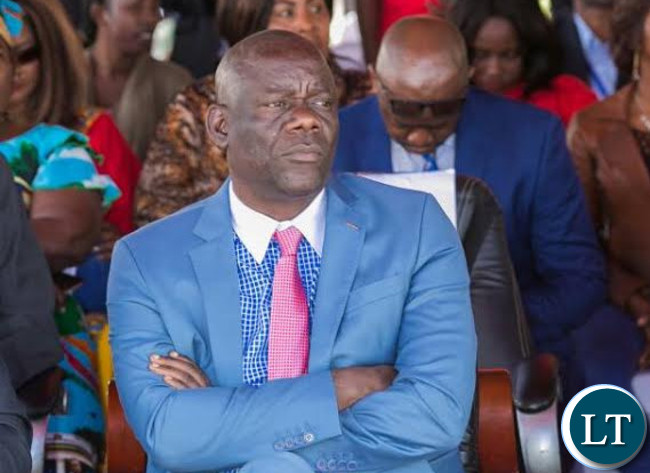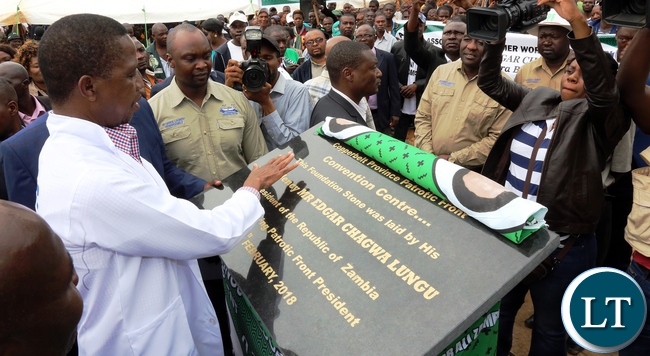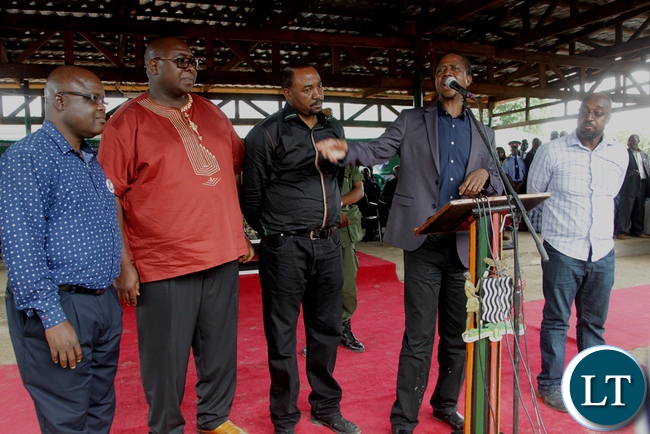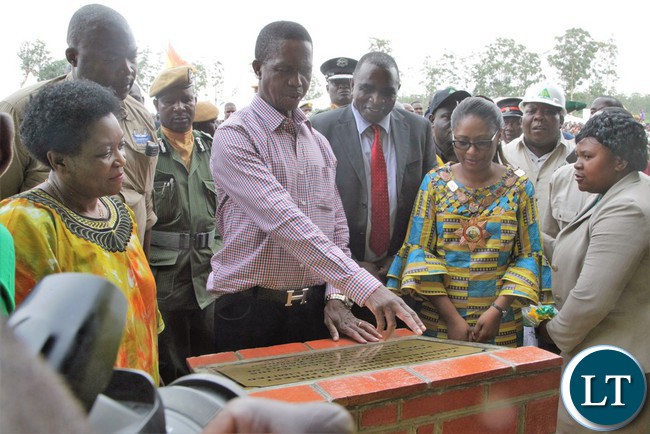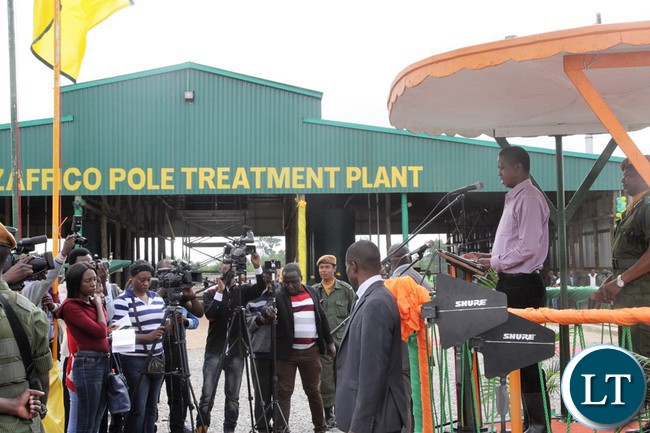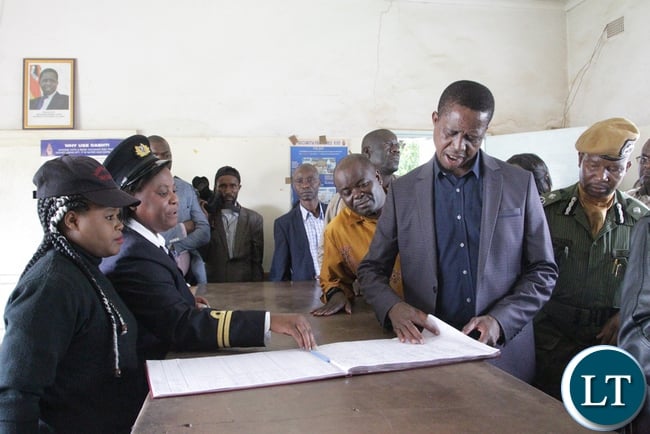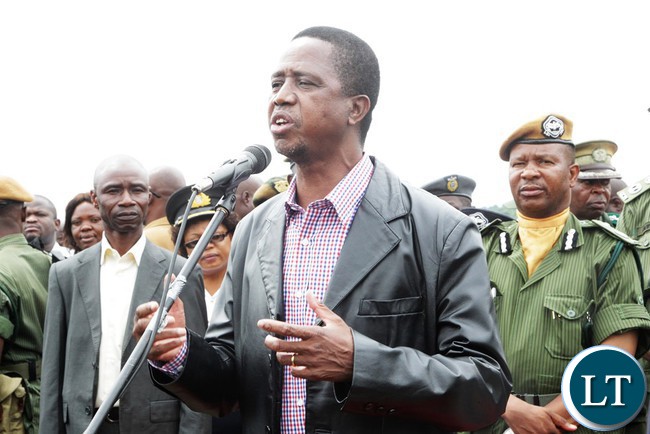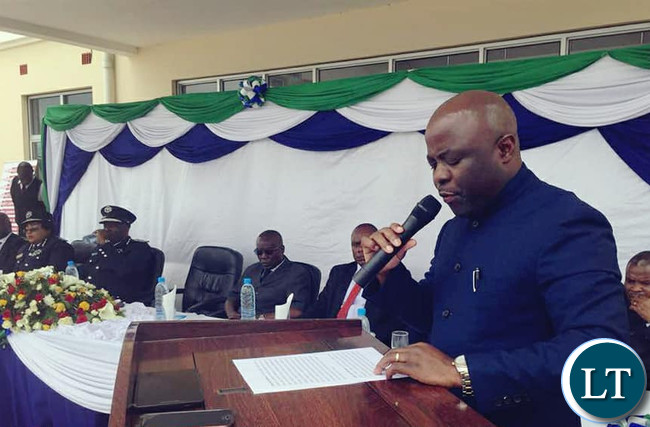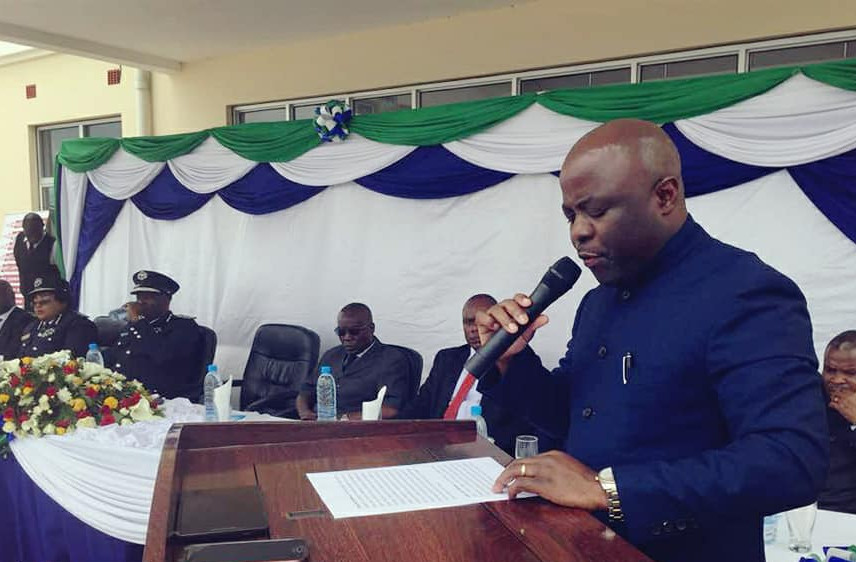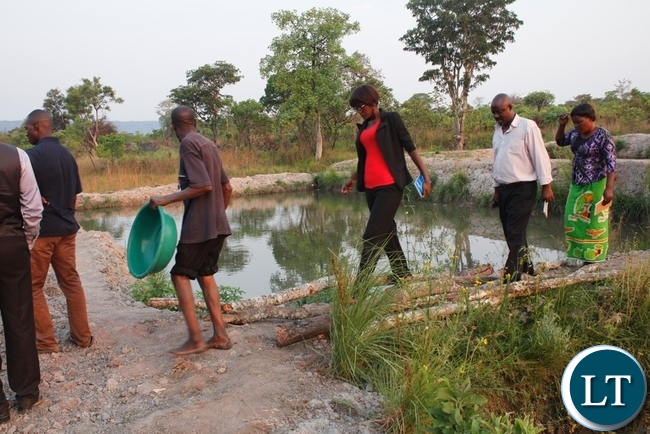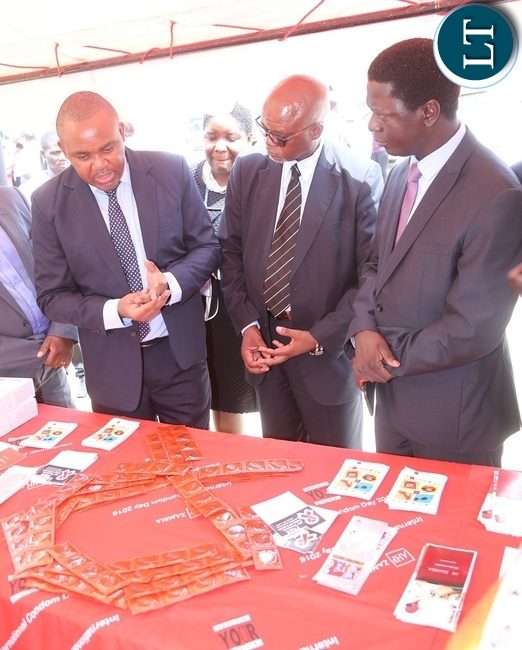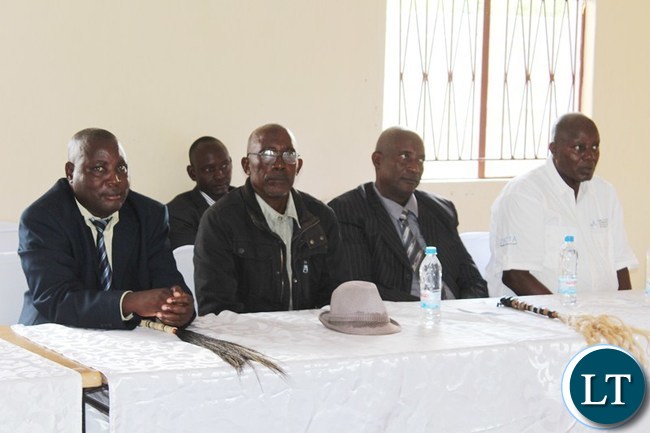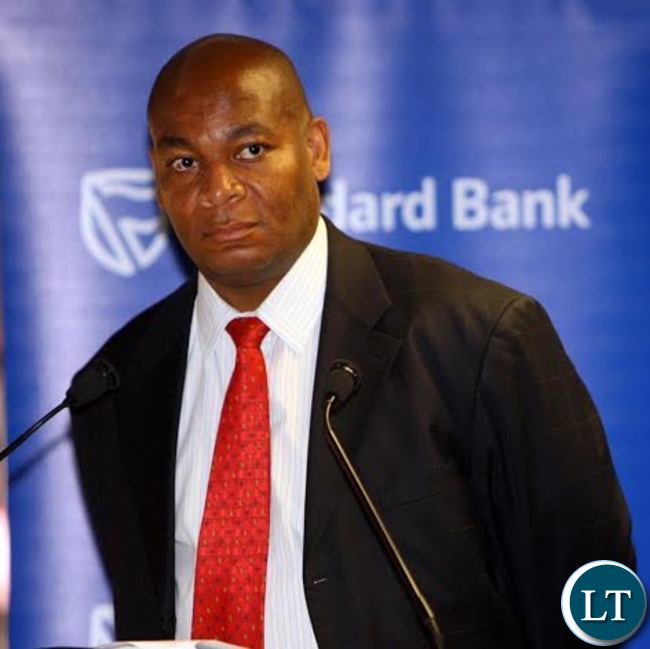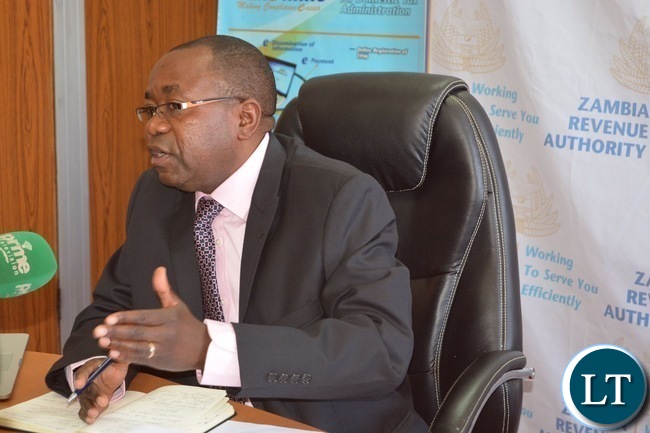
The Zambia Revenue Authority (ZRA) Commissioner General Kingsley Chanda has urged all landlords and tenants in Zambia, who are not registered and are not paying withholding tax (WHT) on rental income, to come forward between today, 14th of February 2018 and the 1st of March and get registered for tax purposes.
According to the statement released to the media by Topsy Sikalinda, the Corporate Communications Manager, section 45 of the Income Tax Act Chapter 323 of the Laws of Zambia, requires that every person, within thirty days of first receiving taxable income, give written notice to the Commissioner-General of the Zambia Revenue Authority.
The statement further warned that ZRA will commence physical surveys of real properties throughout the country with effect from 2nd March 2017 in corroboration with various stakeholders, and those found wanting will face the sanctions as prescribed by the Income Tax Act Chapter 323 of the Laws of Zambia.
The statement further said that income from letting of property is liable to withholding tax at the rate of 10% of gross rentals, adding that the law further requires the tenant to be registered for withholding tax for purposes of accounting for WHT.
“Although it is a primary responsibility of the tenant to withhold tax and remit to the ZRA, landlords may apply to the Commissioner-General for approval to receive gross rentals and account for the WHT on behalf of their tenants subject to the conditions that the Commissioner-General may prescribe, ” rad the statement.
The statement listed the following obligations for the Landloard and Tenant
Landlord’s obligations-
(i) register for income tax and obtain a Taxpayer Identification Number (TPIN);
(ii) provide their TPIN to the tenant;
(iii) submit a provisional tax return (applicable to taxpayers registered for income tax);
(iv) submit an annual income tax return making full declaration of the rental income and other income received during the year.
Tenant’s obligations–
(i) register for withholding tax and obtain a Taxpayer Identification Number (TPIN);
(ii) submit, to the Commissioner-General, a withholding tax return within 14 days following the month of payment of the rentals;
(iii) deduct and pay the withholding tax amount within 14 days following the month of deduction; and
(iv) give a copy of the receipt in respect of the payment and certificate of deduction to the landlord within 14 days of making the payment.
The statement concluded by saying that registration was free and can be done online or at any the nearest ZRA Office.




